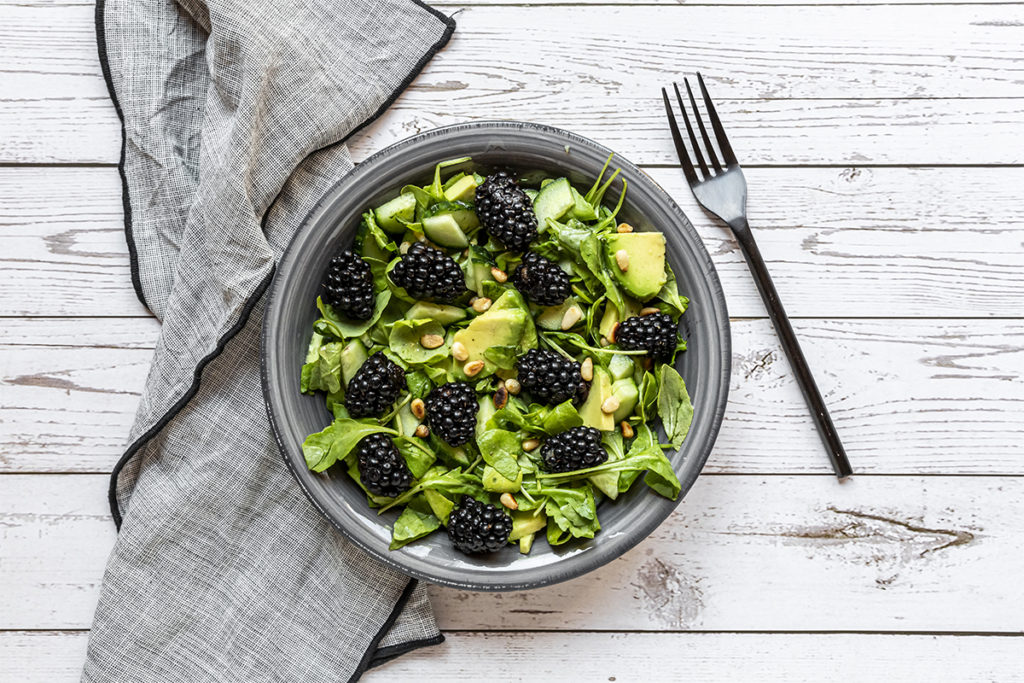Flavonoids = Brain Food
High flavonoid intake may help keep our brains sharp.

Adding color to our diets may slow the brain drain as we age. Flavonoids, found in many colorful fruits and veggies, act as antioxidants in the body and can protect our brains from oxidative damage.
An investigation in Neurology found that adults who took in at least half a serving of foods rich in flavonoids (about 600 milligrams daily)—such as berries, peppers and dark leafy greens—had an impressive 20% reduced risk for cognitive decline, including memory loss. This is compared with those who ate fewer foods rich in flavonoids (an average of 150 mg daily).
The findings, based on data from more than 77,000 people enrolled in the Nurses’ Health Study and Health Professionals Follow-Up Study, also revealed that flavones (commonly found in citrus fruit, parsley, spinach and celery) and anthocyanins (present in high amounts in blackberries, blueberries and cherries) had the most protective effect against cognitive decline among individual flavonoids.
Participant’s intake of different types of flavonoids was calculated by multiplying the flavonoid content of each food recorded on their food questionnaire by its frequency of consumption.
See also: Your Brain on Plant Chemicals
Matthew Kadey, MS, RD
Matthew Kadey, MS, RD, is a James Beard Award–winning food journalist, dietitian and author of the cookbook Rocket Fuel: Power-Packed Food for Sport + Adventure (VeloPress 2016). He has written for dozens of magazines, including Runner’s World, Men’s Health, Shape, Men’s Fitness and Muscle and Fitness.





